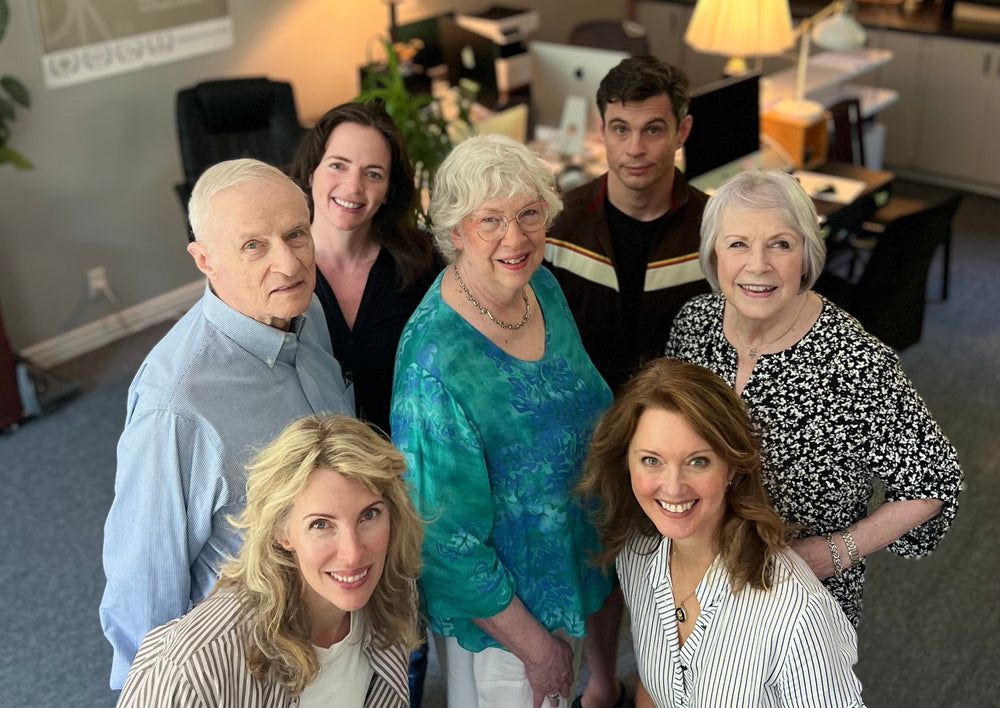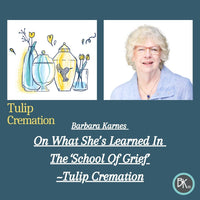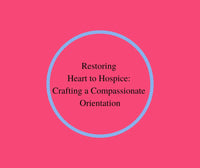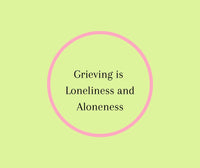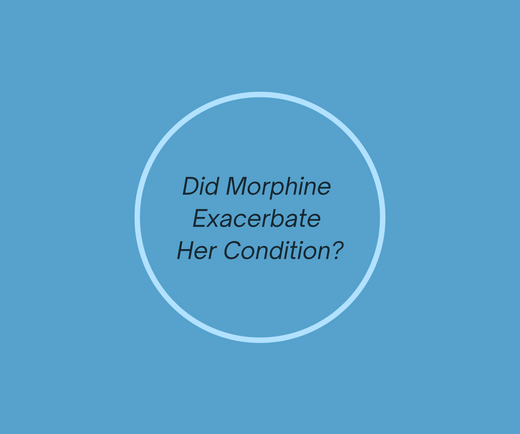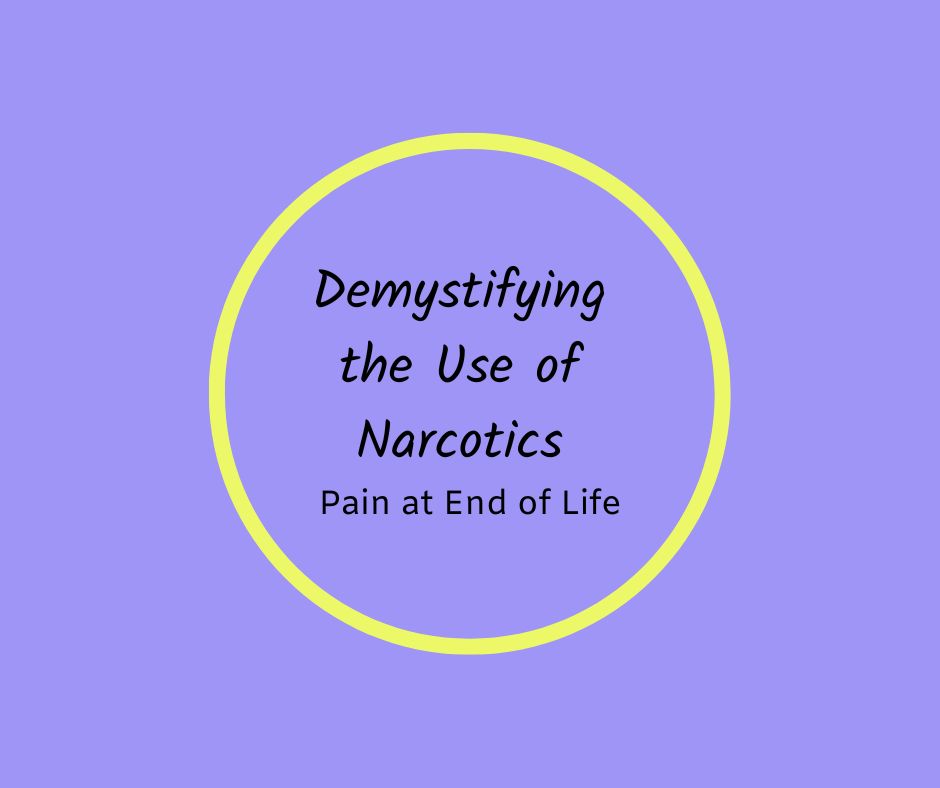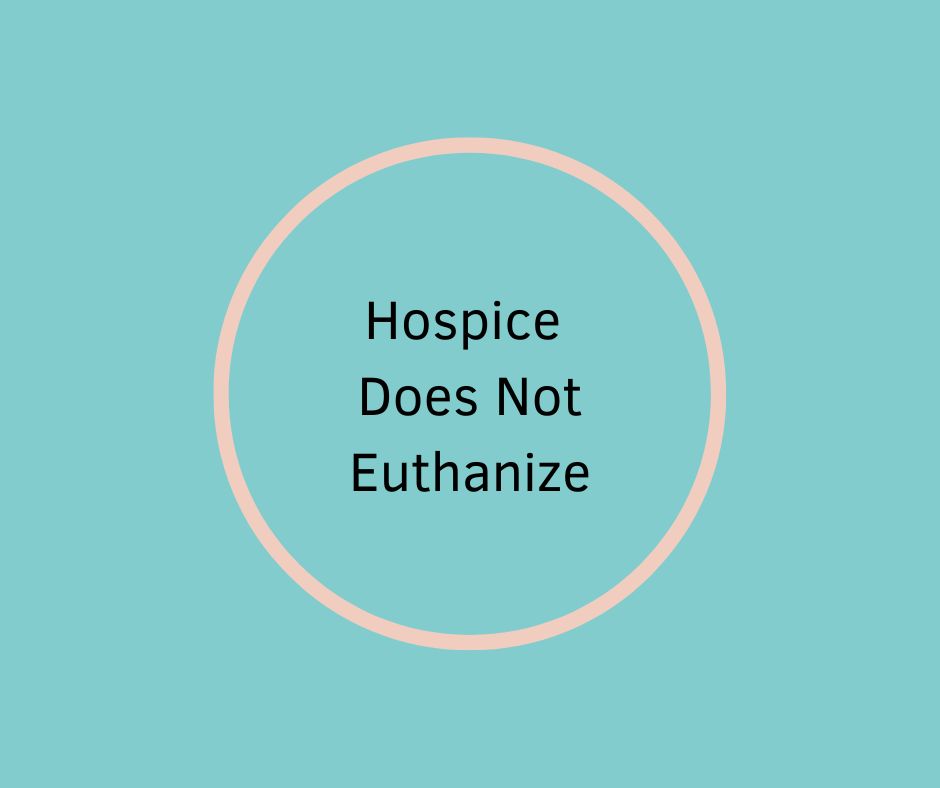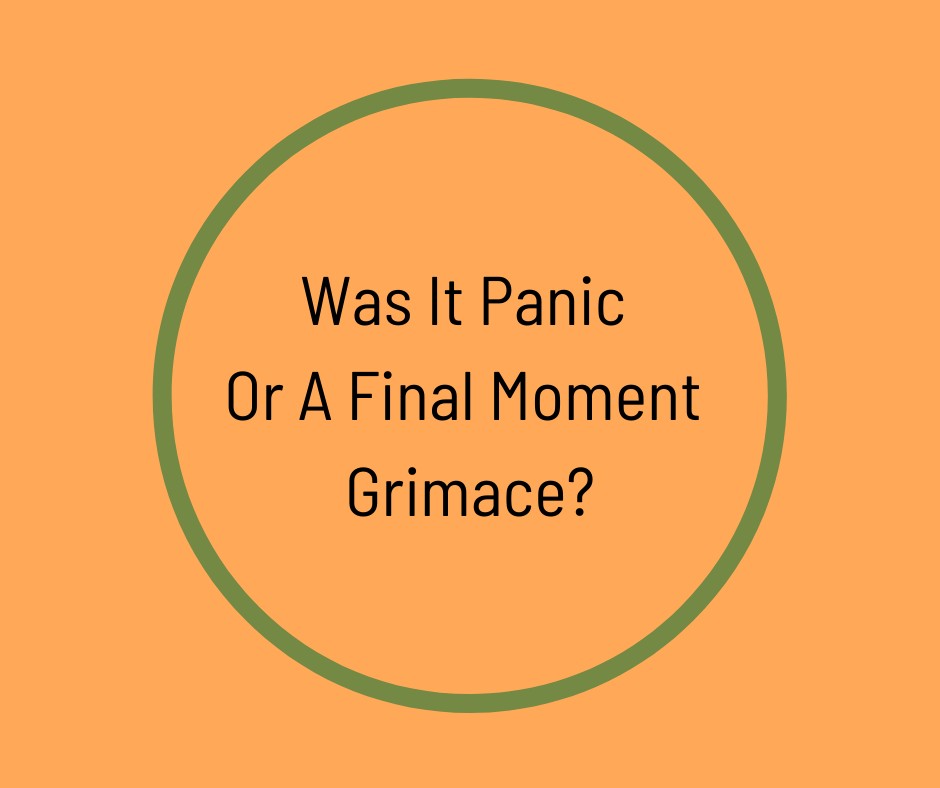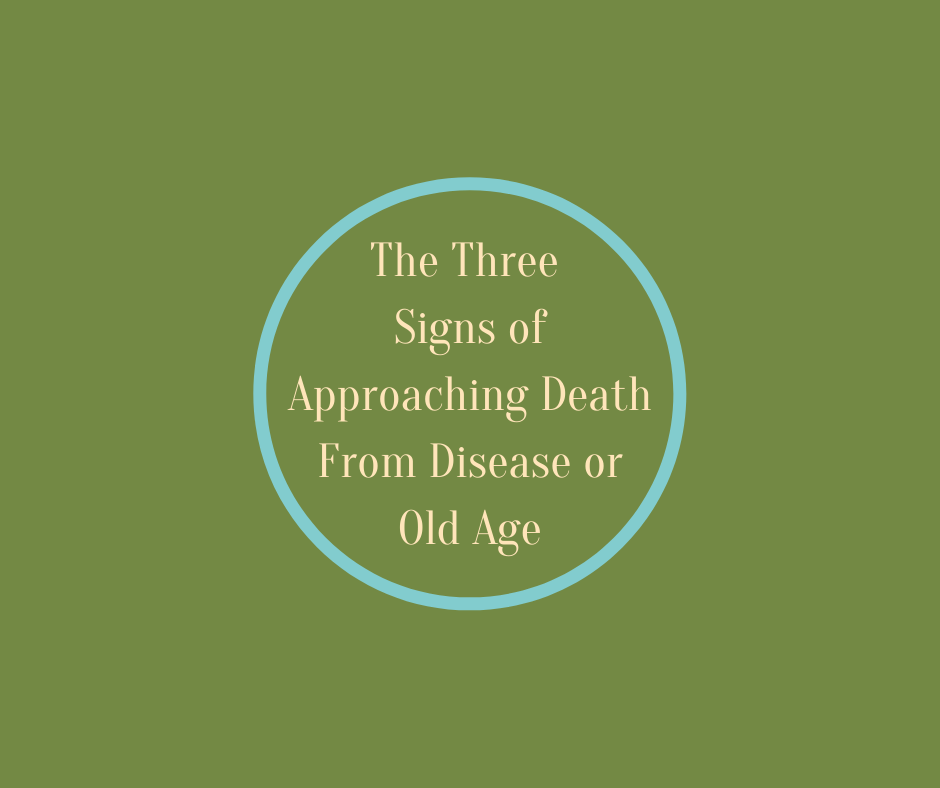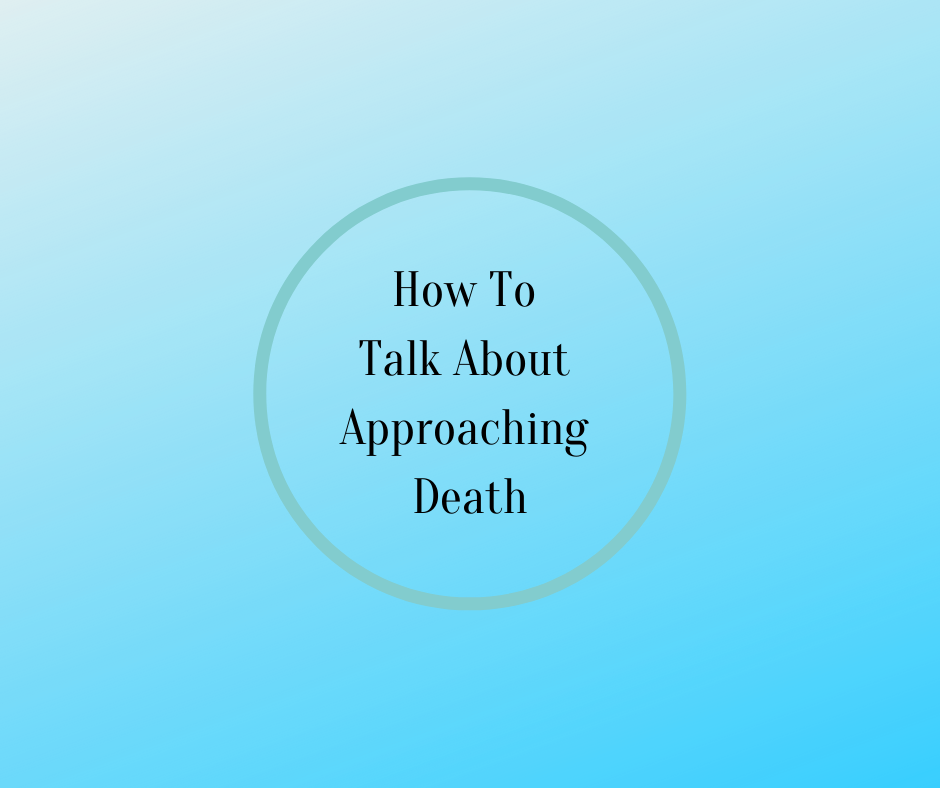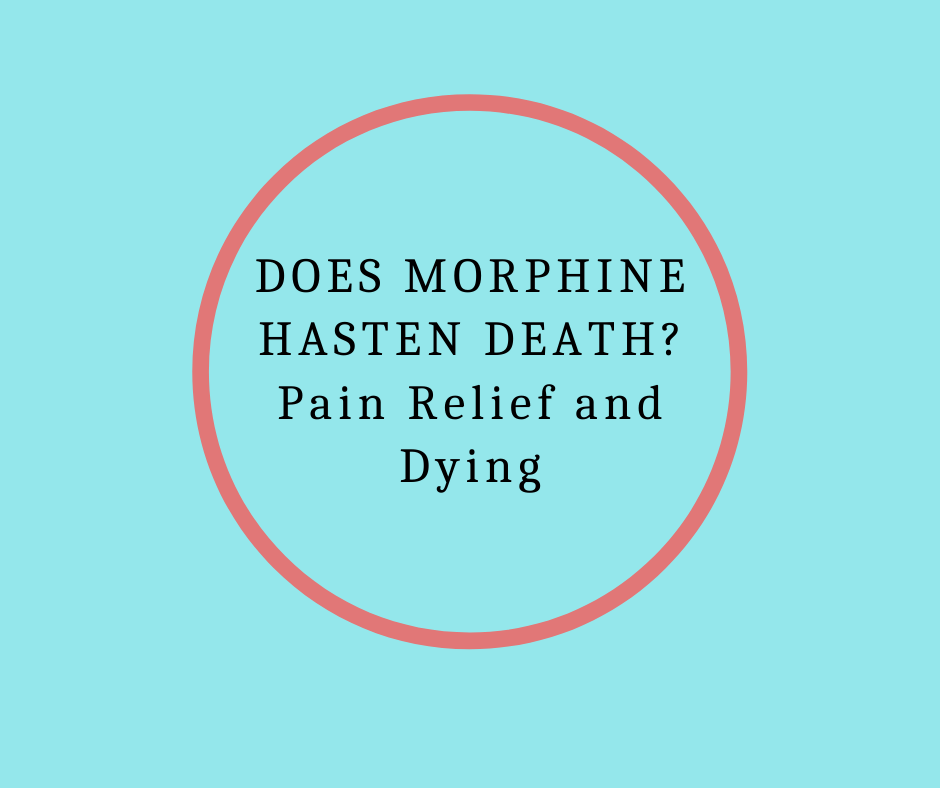
Something to Think About
a blog on end of life
- All posts
- addiction
- advance directive
- alzheimers
- Anger
- anticipation
- anticipatory grief
- Approaching Death
- assisted care
- assisted death
- Assisted Living
- Barbara Karnes
- bereaved
- Bereavement
- burnout
- BY YOUR SIDE A Guide for Caring for the Dying at Home
- cancer
- caregiver
- caregiver fatigue
- caregiver support
- caregiving at end of life
- children
- Clinician
- cna
- comfort care
- communication
- covid 19
- Dame Cicely Saunders
- Death
- death and dying
- death awareness
- death cafe
- death call
- death care
- death doula
- death education
- death midwife
- death of a pet
- death ritual
- dementia
- dementia doula
- diagnosis
- Director of Education
- disease
- DNR
- doctors
- dying
- dying looks different than expected
- dying pet
- dying process
- Dynamics of Dying
- Eating or not eating
- elderly
- Elisabeth Kubler-Ross
- end of life
- end of life doula
- end of life education
- end of life planning
- estate planning
- euthanasia
- family
- family caregiver
- father
- Fear
- Feeding
- Financial records
- Food
- food at end of life
- Funeral
- gift
- Gone From My Sight
- graduating from hospice
- gratitude
- Grief
- Grief Counselor
- grief support
- grieving
- Guilt
- holidays
- Home Care
- home death
- home health
- home healthcare
- Hospice
- Hospice Blue Book
- hospice care
- hospice chaplain
- hospice education
- hospice end of life care
- hospice for pets
- hospice myths
- hospice nurse
- hospice nurses
- hospice patient
- hospice physician
- hospice referral
- Hospice Social Worker
- Hospice Staff
- hospice volunteer
- hospice volunteer training
- hospital
- How Do I Know You ?
- How Do I Know You? Dementia at the End of Life
- Hydration or dehydration
- infant death
- joy
- labor
- labor at end of life
- labor to be born
- life limiting
- life support
- loss
- media
- Medicade
- medical visits
- Medicare
- medication
- medications
- memory care
- midwife
- mindfulness
- moment of death
- morphine
- mother
- My Friend I Care
- narcotics
- New Rules For End Of Life Care
- No Code
- Not Eating
- nurse
- nurses aide
- Nursing facility
- Nursing home
- nutrition
- Old Age
- older pet
- orientation
- oxygen
- pain
- pain at end of life
- pain management
- pain relief
- palliative care
- palliative sedation
- pandemic
- peace
- personality
- Pet death
- Pet illness
- physician
- podcast
- POLST
- prepare for death
- quality of life
- religion
- Retirement Home
- ritual bath
- RN
- sacred
- self care
- seniors
- signs of approaching death
- sleep
- Social Worker
- socialization
- spanish grief literature
- stages of grief
- sudden death
- Suicide
- Supervisors
- support
- terminal
- terminal agitation
- terminal diagnosis
- terminal illness
- terminal restlessness
- The Eleventh Hour
- The Final Act of Living
- This Is How People Die
- Time
- Time of Death
- trauma
- treatments
- vigil
- visions
- volunteer
- volunteers
- washing the body
- widow
- widowhood
- wife
- Will
- You Need Care Too
90% of end of life care is education. People don’t die like they do in the movies, yet movies are our current role models. This leads to unrealistic expectations...
Not everyone who is dying has pain. Disease causes pain. If pain is not present, a narcotic is not appropriate (except a tiny bit can ease labored breathing is present...
I'm going to start by being blunt: hospice, end of life workers, hospitals, and nursing facilities make their money only as long as the people they serve are alive.. They...
Taking care of someone at the end of life is different from taking care of someone who is going to get better—-but most people don’t know that either. Unless we...
From what you have told me I believe your mother's death was no one's fault, certainly not yours. Her body, after all the years of illness, couldn't continue and she...
...Rapid breathing like your dad was doing is exactly where a small bit of morphine (5 ml is small) helps slow down those 40/50 breaths a minute to a more...
Trying to "calm" a person who is choking or panicking doesn't actually work whether death is close or not. The question we have to ask is how close to death...
Know that all of these signs of approaching death, whether indicating months or weeks, are just guideposts. Some people will show all of them...
Sudden death by accident, suicide and certainly by violence intensifies those normal grief responses. Everything we feel with normal grief is as if we are being held under a magnifying...
Our job as an end of life specialist is to address the elephant in the room, to be direct and honest in the gentlest way possible. We are not doing...
Pain management is different in the last seven days because the body is not functioning in its normal way. Circulation, breathing, oxygen exchange are not happening properly so medications are...
There have been many changes in hospice care since it began. Some for the better, some not so much. What I am suggesting as representing a “good” hospice is becoming...
In todays culture with the opioid crisis rampant, fear of narcotic use is everywhere. That fear hinders our ability to provide appropriate comfort management and is leading to misconceptions about...
You have to walk the walk before you can talk the talk. Learn from your patient/family interactions. At the same time read everything you can get your hands on...
Often dying looks painful to the people watching. Dying is a struggle to get out of the body. There are sounds that ordinarily would indicate discomfort but, when a person...
Dying is not painful. Disease causes pain. If pain has not been an issue during the disease process then just because a person is actively dying does not mean they...
The use of Morphine is one of the most misunderstood practices I encounter with families and end of life issues. Our society is so drug conscious we tend to equate...
Being active helps us poop therefore the less active we are, and people approaching the end of their life through disease or old age gradually have less and less energy...




